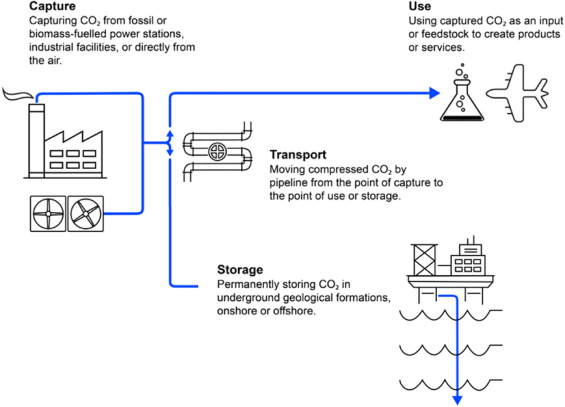A generic model to allocate costs
Building infrastructures is essential to support today’s energy transition to a more sustainable future. Such infrastructures are often used by multiple parties. Disagreement regarding the distribution of the construction costs of these infrastructures among the parties that wish to utilize the infrastructure can delay the construction, or even prevent the construction from taking place, thus delaying the transition to a more sustainable future. To make such collaborative infrastructure construction projects possible, it is therefore essential that joint costs are allocated to the different parties in a well-supported manner. The article introduces, by means of a general mathematical model, a method for this cost allocation.
The cost allocation rule is in line with existing game-theoretic concepts and satisfies certain desirable properties. The method guarantees that the cost allocation will always be such that: all potential subgroups of infrastructure users will be allocated costs that are lower than, or equal to, the costs they would incur if they worked together as a separate subgroup and built a (possibly smaller) infrastructure that meets the subgroup’s requirements provided that the cost function satisfies certain properties.
Furthermore, the costs allocated to each “existing” user will not increase as the number of users increases. In addition to the general theory, the article provides a practical example regarding an infrastructure of great importance to achieve a reduction in CO2 emissions: the cost allocation of a CO2 transport infrastructure for carbon capture, use and storage.

